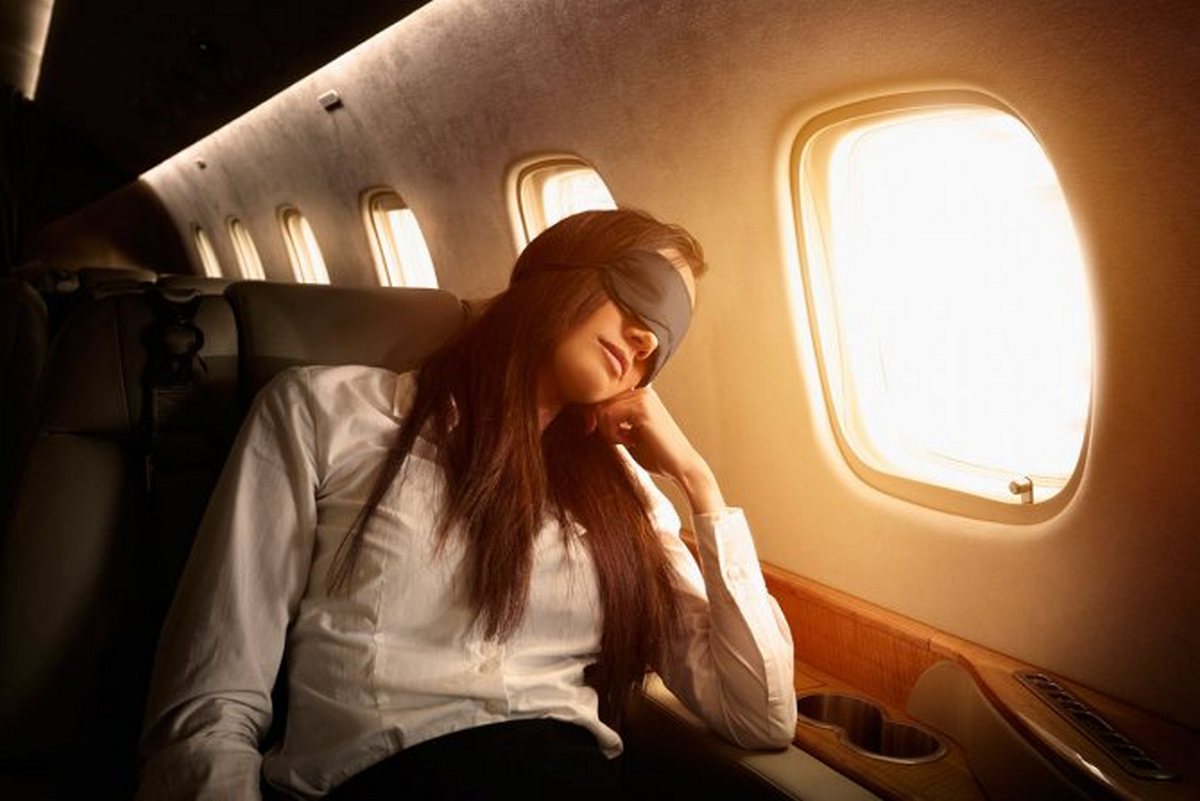A flight attendant has warned tourists that the best way to avoid jet lag while on vacation is not to make the big mistake of falling asleep on planes. Instead, he advises taking a nap after arriving at your destination, the Daily Star writes.
During long-haul flights, many people like to read a book, watch a movie, or get some sleep. But flight attendant Bobby Laurie said that sleep is the last thing he will do on a plane when he goes on a trip abroad. However, sometimes crew members have to sleep in their private room on board when they are working. However, tourists are not recommended to do so.
A flight attendant claims that being cheerful during a long flight can help overcome jet lag upon landing. According to the NHS: “A jet lag is when your normal sleep patterns are disrupted after a long flight. It usually improves within a few days as your body adjusts to the new time zone.”
However, before that, the tourist may feel tired, weak, and even nauseous, and the constant desire to sleep often spoils the vacation. “Sleep upon arrival, or in some cases, a night’s rest instantly resets my internal clock. Try to stay awake during the flight and it will help you feel more tired when you arrive. You can go to bed straight from the airport as soon as you get to your accommodation,” advises Bobby Laurie.
If you arrive in the afternoon and want to take a nap, you should set an alarm so you don’t sleep too long. Then the person will still be tired enough in the evening to fall asleep at the normal time in the new time zone. The flight attendant also recommends trying to wake up at a normal time the next day instead of giving in to the temptation to sleep longer. If not, then the adjustment to the new time zone will be delayed.
Experts say that landing time at the resting place is also important. Dr Deborah Lee from the UK said: “It is known that the time zone change is worse for those traveling east than for those traveling west. This is thought to be because when you travel east, bedtime is earlier (e.g. 11 pm in Paris is 4 am in Miami) and it is harder to fall asleep earlier than usual.’
She also advised against drinking alcohol during the flight and against drinking too much tea or coffee. Doctor Deborah advised: “Alcohol suppresses the production of melatonin, disrupting circadian rhythms. At first, it may make you drowsy, but in the body, alcohol is broken down into acetaldehyde, which is a stimulant.
In addition, caffeine is a psychoactive stimulant. It induces wakefulness and is often used to combat sleep in those who need to sleep.” This means that both substances can affect your sleep cycle and ability to fall asleep, making it a bad idea to use them when you’re jet-lagged.

